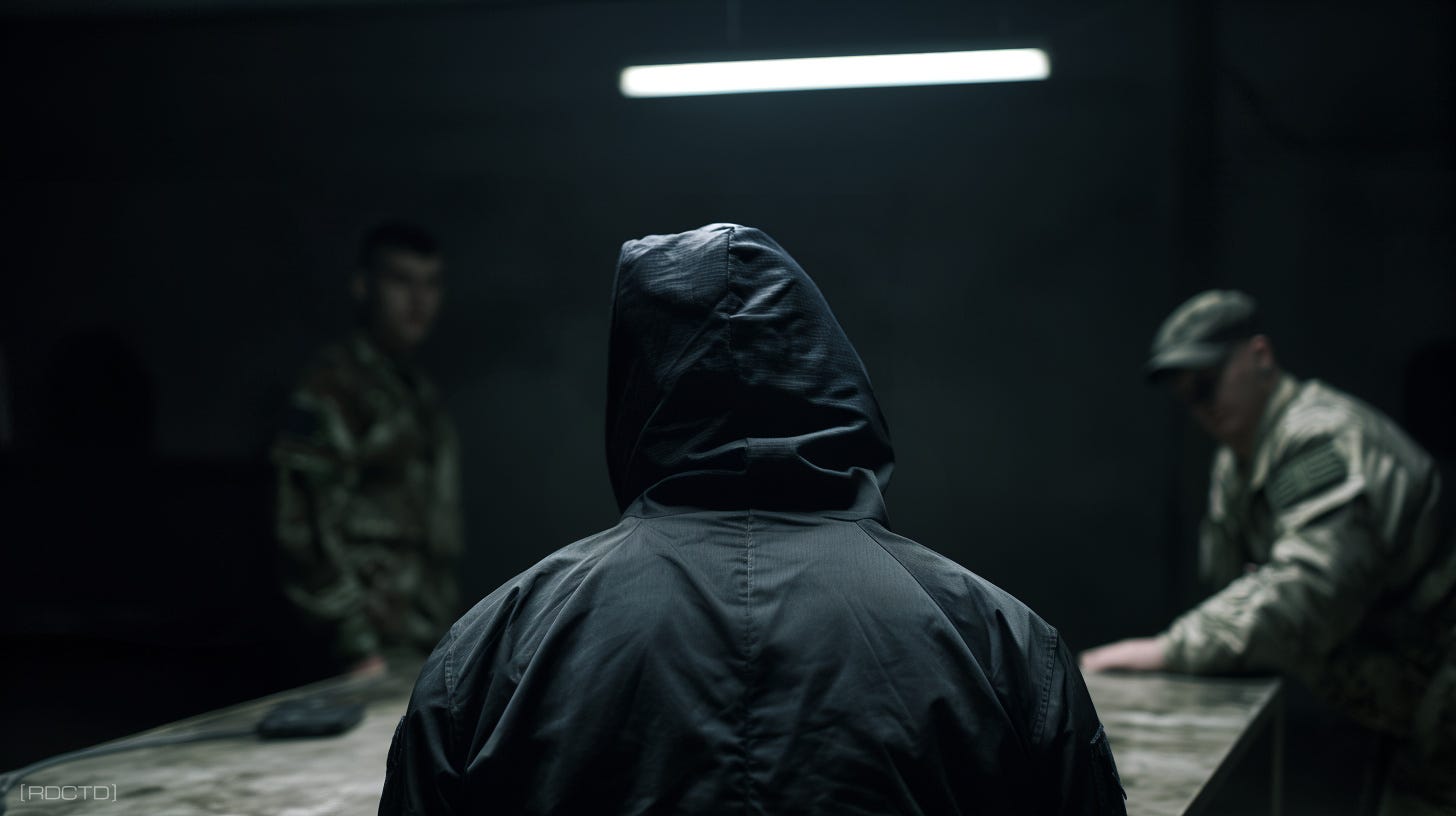Suppressing Your 'Emotional Leakage' During Challenging Situations
Don't Let Your Body and Face Betray Your Words and Objectives
When the heat’s on and the walls feel like they’re closing in, the one thing that’ll blow your cover faster than bad intel is emotional leakage.
Control under pressure isn’t natural. It’s trained, it’s hammered into you, and it’s earned in the moments nobody sees when you’re fighting yourself just to stay still.
That’s the involuntary tells; micro-expressions, body language slips, vocal tone changes, that betrays what you’re really feeling, even if you’re saying all the right words. You could be facing a hostile interrogation, a tense negotiation, or holding your own in a high-stakes room, keeping your emotions locked down is mission-critical.
Why it Matters
In the field, emotional control isn’t just about looking cool, it’s actual survival. Show even a flicker of fear, doubt, or guilt, and the opposition’s got their hook. Operatives don’t get second chances out there. Same goes for everyday folks in high-pressure jobs or personal situations. If you can’t manage your tells, you’re giving away intel without saying a word.
How emotional leakage gets exploited:
During an interrogation, a quick flash of panic when they hit a sensitive topic tells them they’re on the right track.
In a business negotiation, a slight grimace at a tough offer gives the other side the upper hand to push harder.
In a hostile meeting, clenched fists under the table reveal how rattled you really are, even if you’re smiling.
While undercover, showing nervousness when questioned by local security immediately blows your credibility.
In a personal relationship, hesitation or eye movement when answering tough questions can fuel mistrust.
During surveillance operations, fidgeting or unnatural body posture can alert observant targets that they’re being watched.
If you think nobody’s watching for this stuff, you’re already behind. Good operatives (and skilled adversaries) live for the little leaks. Master your emotional signals, and you keep control of the narrative; fail to, and you’re handing over the playbook without even knowing it.
I. Train Your Baseline
First step in solid tradecraft: know your own baseline. That’s your normal; how you sit, how you talk, your facial expression when you’re neutral. If you don’t know it, you can’t spot when you’re veering off course. Operatives spend hours watching themselves on tape to catch every tick. You should too. Brutal, but necessary.
How you lock it down:
Record yourself having a casual conversation and watch it back for natural gestures, posture, and facial expressions.
Practice maintaining neutral expressions while thinking about highly emotional topics, catch any micro-expressions trying to surface.
Run through mock stress scenarios (job interviews, arguments, negotiations) and study how your baseline shifts under pressure.
Identify unconscious habits, like throat clearing, lip biting, or foot tapping, and work to neutralize them.
Get brutally honest feedback from someone you trust, someone who won’t sugarcoat what you’re unconsciously projecting.
Mastering your baseline gives you the ultimate advantage: it lets you spot deviations before others can. If you can hold steady when the situation gets rough, you’ll look composed, confident, and dangerous, exactly how a sharp operative should.
II. Neutralize Your Face
Operatives master something called the “neutral mask.” It’s not blank; it’s calm, relaxed, unreadable. No furrowed brows, no twitching lips. Practice in a mirror. Your default face needs to be smooth and steady, no matter what’s happening internally. Get good enough, and even your loved ones won’t know when you’re rattled.
Tactics to train your neutral mask:
Keep reading with a 7-day free trial
Subscribe to The Tradecraft Guide to keep reading this post and get 7 days of free access to the full post archives.





